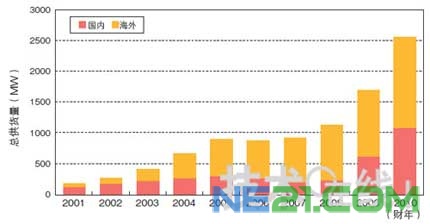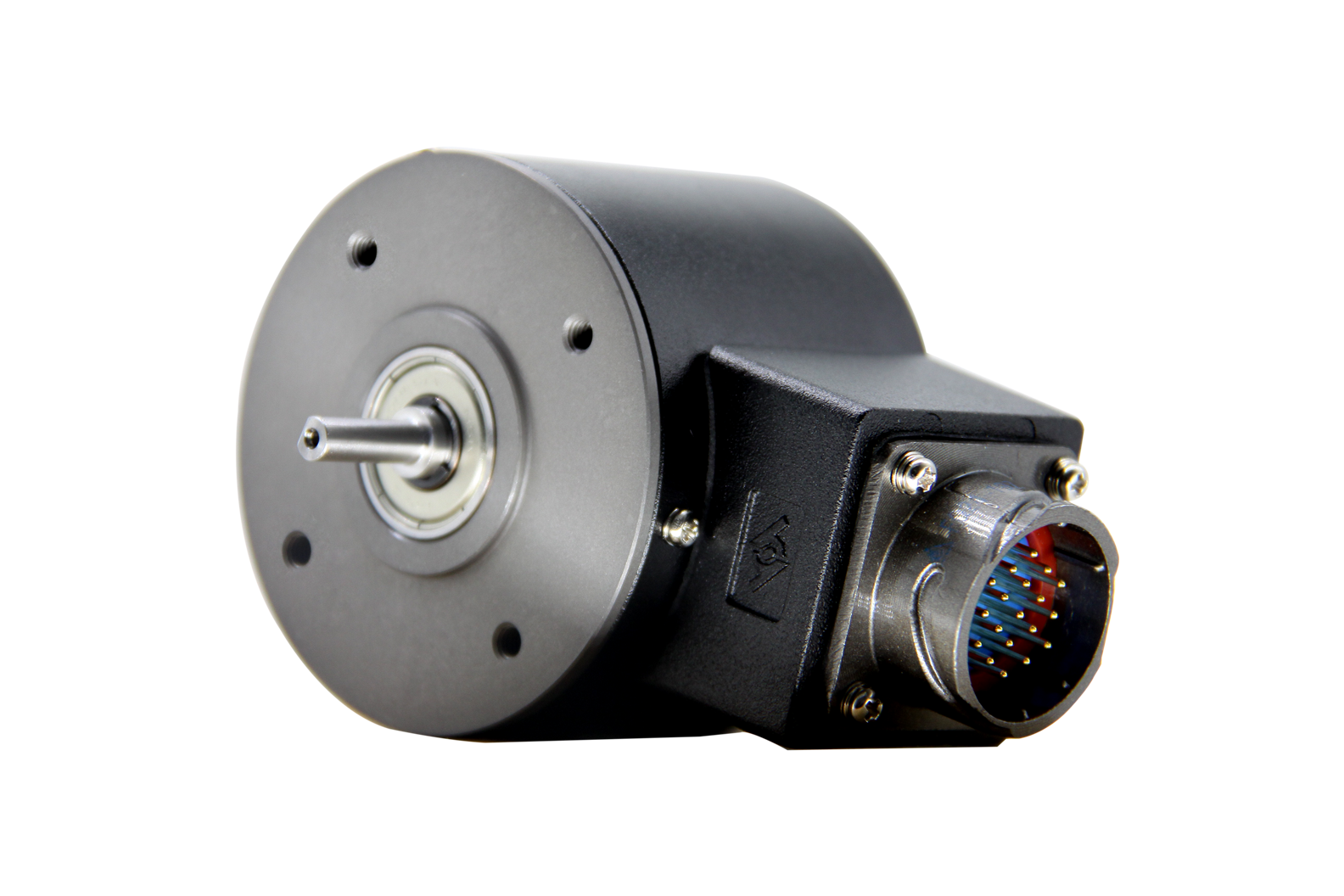 PVJapan 2011, the theme of photovoltaic power generation, will be held on December 5, 2011 (Mon.) to December 7, (Wed.), three days at Makuhari Messe Convention Center (Miho, Chiba Prefecture). At that time, various technologies and products related to photovoltaic power generation will be brought together.
PVJapan 2011, the theme of photovoltaic power generation, will be held on December 5, 2011 (Mon.) to December 7, (Wed.), three days at Makuhari Messe Convention Center (Miho, Chiba Prefecture). At that time, various technologies and products related to photovoltaic power generation will be brought together. Q: Please tell us about the latest trends in the photovoltaic power generation market.
Maogang: In 2010, the demand for global solar cell market grew relatively smoothly, but it entered a stagnant growth situation after entering 2011. The main reason is that the demand for European photovoltaic power generation, which accounts for a large proportion of the market, is reduced by the financial crisis.
However, the time has come to regain growth. Demand for photovoltaic power generation in the United States and Asia-centered Asia has begun to increase. It is estimated that demand will continue to grow after these markets will be promoted after 2012. The trend to ensure the stability of energy, that is, the importance of "energy security" is increasingly active in countries around the world, which will also promote the growth of the photovoltaic power generation market.
Q: How is Japan's PV market dynamic?
Maogang: From the perspective of the supply of solar cells by Japanese domestic companies, the total volume of domestic and overseas shipments in fiscal year 2010 was 2.53 million 8814 kW, a substantial increase from the previous fiscal year of about 1.5 times (Figure). The supply volume in fiscal year 2009 also reached about 1.5 times of the previous fiscal year, and achieved a smooth growth for two consecutive years.
Japan's PV market is characterized by a higher proportion of residential uses compared to overseas markets. About 80% of them are for residential use, and less than 20% are non-residential uses. The fiscal year 2010 continued the good momentum of the previous fiscal year, and the demand for residential use grew smoothly. Recently, the solar battery capacity of each house has increased. In addition, the trend of setting up photovoltaic power generation systems in residential complexes has become increasingly active, which is why the demand for solar cells for residential use has increased. On the other hand, growth in non-residential use was weak in FY10. The reason is that the power purchase system mainly for power operators has introduced relevant laws and regulations. In March 2011, the “Special Measures on the Purchase of Renewable Energy from Power Operators†was passed by the Cabinet of Ministers in March 2011. The law stipulates that the ordinary electric power operators and electric power operators specified in the “Electricity Business Act†are obliged to purchase all the electricity generated by renewable energy at the prices set by the state. Until the law was established, power operators have been suppressing the introduction of photovoltaic power generation systems.
Implementation of the "Construction Qualification System"
Q: The popularity of photovoltaic power generation systems has gradually matured in Japan. Please tell us about the measures taken by JPEA.
Maogang: We are scheduled to begin implementing the (temporary title) PV construction qualification certification system with JPEA as the core. It is planned to begin implementation in 2012 and is currently advancing preparations. We have set up a special working group in JPEA and we are exploring the recognition mechanism and related training courses.
The system targets people who are engaged in the installation and construction of residential photovoltaic power generation systems. The purpose is to let it grasp the fundamentals of solar cells and the construction of power generation systems and other basic knowledge related to photovoltaic power generation.
At present, most solar cell manufacturers in Japan are autonomously providing construction workers with training skills and issuing certifications. "(Temporary) PV qualification qualification system can improve the mechanism of these manufacturers. By cultivating talents in areas other than manufacturers, the overall level of technical experience in construction and setting related industries can be improved. By increasing the number of constructors who have mastered the basics, consumers can more confidently introduce photovoltaic power generation systems.
In addition, the inspection system for the maintenance of photovoltaic power generation systems is also under discussion. Photovoltaic power generation systems have fewer moving mechanisms, so long-term operation can be performed as long as they are maintained. Photovoltaic power generation systems have been operating for nearly 30 years on lighthouses that were introduced earlier. It is mainly because of regular maintenance.
In my opinion, if we want to make PV systems contribute to people's lives, it is crucial to ensure long-term stable operation through proper maintenance. The reason is that if we can make each system run for a long time, we will accumulate renewable energy power generation every time we build a new photovoltaic power generation system. In this way, by increasing the share of renewable energy production in the total generation, Japan's energy self-sufficiency rate can be increased, thereby enhancing energy security.
Action begins immediately after the earthquake Q: Please tell us about the highlights of PVJapan 2011.
Maogang: PVJapan 2011 has adopted a lot of new plans. The most noteworthy of these is the "Executive Forum" held on December 5th (Monday). In the forum entitled “Global Leaders Talk about PV Trendsâ€, Quanxiu Quan, Director of Energy Resources, Environment and Energy Bureau of the Ministry of Economy, Trade and Industry of Japan, is scheduled to make a speech. The theme of the lecture is "Applied Methods for Renewable Energy in the Great East Japan Earthquake-Stricken Area," and will introduce advanced examples of how to build a disaster-resistant city through the introduction of renewable energy and use local energy to revitalize the industry. It is an indispensable and important information for determining the application direction of photovoltaic power generation systems.
When energy-related infrastructure is destroyed due to natural disasters, renewable energy will play a huge role. With this in mind, after the earthquake in the Pacific Ocean in the Northeastern region, JPEA immediately began providing various support activities for the disaster area. For example, with the assistance of each member company, the user is sent a message that the photovoltaic power generation system “can operate independently during the daytime with the sun†when the power failure occurs. In the event of a power outage, the PV system will also stop. The reason is that if the photovoltaic power generation system is still running during a power outage, electricity may flow directly into the grid. In order to prevent this from happening, an automatic stop design is adopted. However, since this is a rarely used function, it seems that many users do not know. Therefore, the user is sent emergency independent operation-related information. Not only is the disaster area, the implementation of planned blackout areas also reflects this approach is helpful.
After the earthquake, companies and consumers have increased their concerns about photovoltaic power generation systems. At the same time, JPEA received a lot of inquiries about solar cells. Therefore, we have prepared information that summarizes the basic information of solar cells and can quickly respond to these consultations.
Rotary encoders are used as sensors for angle,position,speed and acceleration. We can offer incremental encoders and absolute encoders.

Absolute Encoder,Custom Encoder On Motor,Custom Optical Encoders,High Resolution Encoder
Yuheng Optics Co., Ltd.(Changchun) , https://www.yhencoder.com
